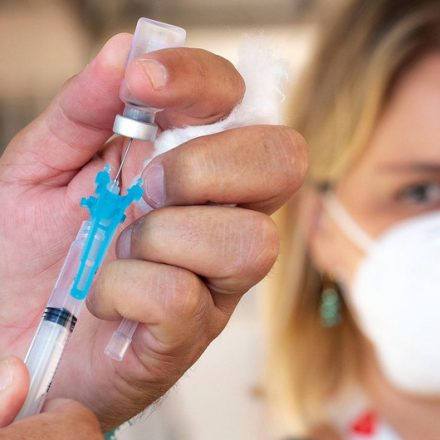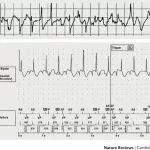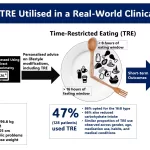January 25, 2025 – A recent study has raised concerns about the potential link between medical cannabis use and an increased prevalence of cannabis use disorder (CUD). The research, published online on January 22 in JAMA Psychiatry, suggests that U.S. adults aged 18 to 49 who use cannabis for medical purposes—either exclusively or in combination with nonmedical use—may face a higher risk of developing CUD compared to those who use cannabis strictly for nonmedical reasons.
The study, led by Dr. Beth Han, M.D., Ph.D., M.P.H., from the National Institutes of Health (NIH), explored differences in cannabis use frequency and CUD prevalence among adults aged 18 to 49 years. Using data from the 2021–2022 National Surveys on Drug Use and Health, the researchers analyzed responses from 72,668 participants.
According to the findings, 29.5 percent of respondents reported using cannabis in the past year. Of these, 83.7 percent engaged in nonmedical-only use, while 9.2 percent used cannabis solely for medical purposes, and 5.7 percent used it for both medical and nonmedical reasons. Alarmingly, over one-third (34.8 percent) of the participants were found to have CUD.
Further analysis revealed that individuals reporting medical-only or medical-nonmedical use exhibited higher adjusted prevalence rates of severe, moderate, and mild CUD compared to those who used cannabis solely for nonmedical purposes. This trend was especially pronounced among men and women aged 18 to 34 years, and men aged 35 to 49 years. The study also found that adults who used cannabis for medical reasons reported using it more frequently than those engaging in nonmedical use.
Dr. Han and her team emphasize the need for clinicians to carefully consider the potential risk of addiction when recommending medical cannabis. They advise monitoring patients closely for the emergence of CUD, especially among those using cannabis for medical purposes.
Disclaimer: The findings of this study reflect the experiences of a broad sample of U.S. adults and are not indicative of causality. The study highlights correlations observed within the data, and more research is needed to better understand the long-term impacts of medical cannabis use on mental health and addiction risks. Readers are encouraged to consult healthcare professionals before making decisions regarding cannabis use for medical purposes.
Journal Information:
JAMA Psychiatry (2025)
DOI: 10.1001/jamapsychiatry.2024.4475











